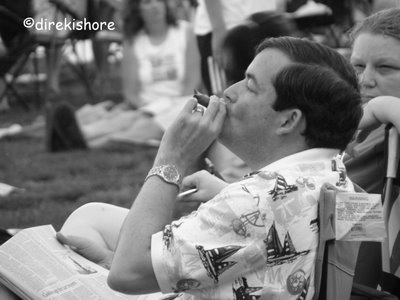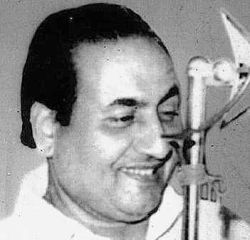Now that I know the terms of this game, I was "unofficially" tagged by a comment on
Teju's blog, and it's fun!
Guilty Pleasures:
- Drinking coffee at nights knowing very well that I will have a tough time getting sleep
- Sleeping after 8.30 AM when I can't be late for work any further
Things I Can't Forget:
- My school days and some specific things about childhood
- NCJ cricket days
- Late night harates with friends at dhruvan mane katte and cool corner joint.
- Thatha being carried away
- Vajpayee's speech in the parliament in 1999 when he lost the no-confidence motion by a single vote
- The few months that I worked in Blore with a great bunch of colleagues before coming to US
- The first time I heard Jagjit live at Chowdaiah Memorial Hall, and the moment he sang "Aakash ka soonapan, Mere tanha dil mein", that moment when I felt what "tanha dil" truely was
- The time I spent with Naga's parents during his last few days
- Sunday visits to the church, walks between Buffalo and Amherst, joint cooking sessions, walks, talks and fights
- the evening when sis and bil returned back to India and it suddenly struck I was alone
Things I Wish To Forget:
- That laughter over the phone on the other side of the door
Unforgettable Dishes:
- UD Masale Dose
- Amma made Avalakki Voggarne
- Self made churmuri
- Vade and filter Coffee at SLV
- Set Dose I had once in Chitradurga
- Masale Puri on a chat bandi in Jayanagar 8th block
- Veggie Burrito Bol at Chipotle
Crushes:
- On the last day of my 7th standard, I confessed to her and so did she! but we never met after that day
- the singer(was purely for her singing)
- the one whom I dedicated a song in a high school reunion party
- the one whom I wish I had dedicated to in the same party
- a bihari batchmate at RVCE
- lovely eyes and long hair, I saw her on a snowy night
- this lebanese girl was my metro-companion for a month in DC
Close Brushes With Death/Danger:
- An unprotected left turn to the metro station when a car just missed hitting mine
- When my car skid on ice last winter.
Strangest Dream:
- Can't remember anything specific
Preferable Modes Of Suicide:
- Though I can't imagine why I would want to do it, I would prefer something painless
Favorite Characters:
- Roberto De Niro in Taxi Driver
- Aamir and his son's character in Akele Hum Akele Tum
- Matt Damon in Good Will Hunting
- Jim Carrey in The Trueman Show
- Om Puri in Ardh Satya
I tag
Shubha and
Guru.





